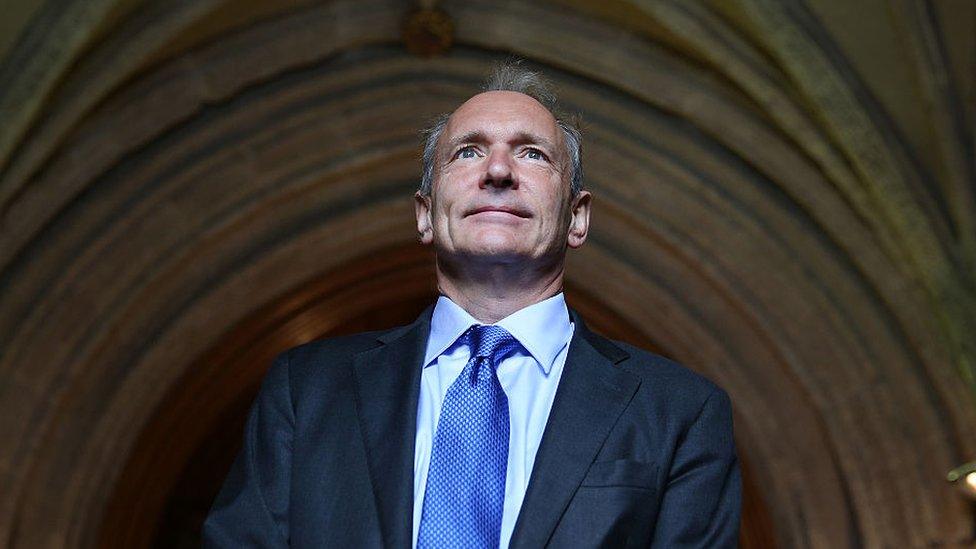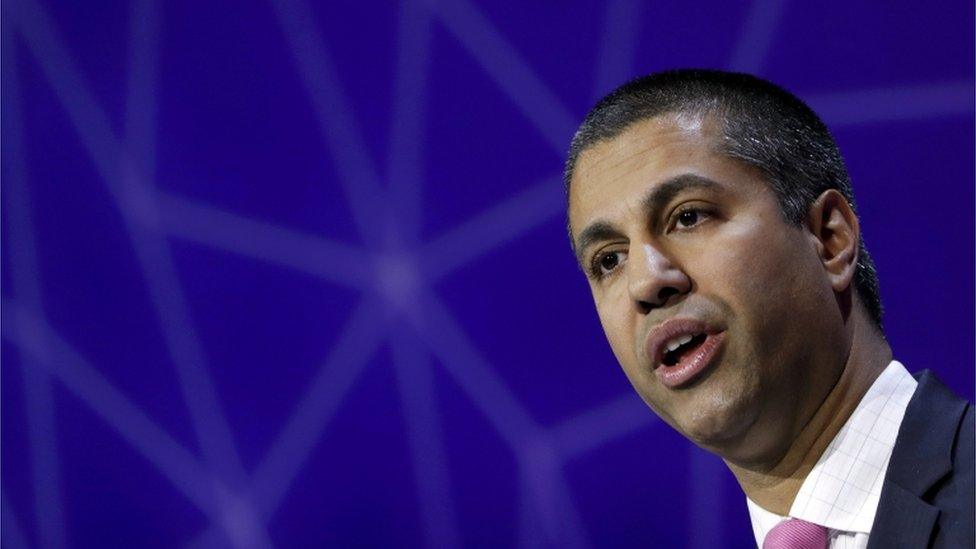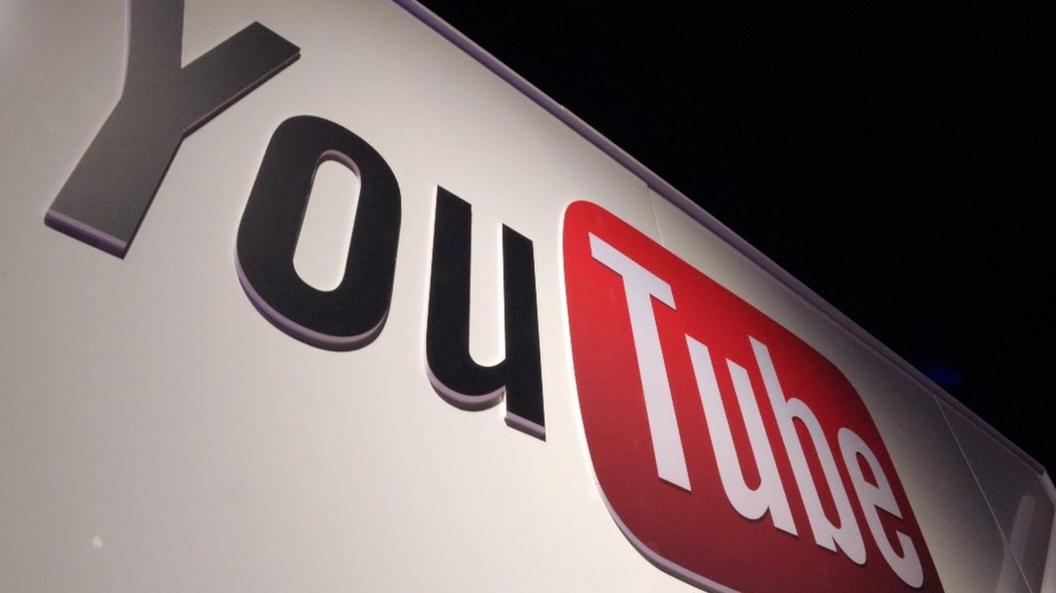Tech Tent: The woes of the world wide web
- Published

It was a technology that was supposed to bring peace love and understanding - but has the dream of the web as a force for good died?
Sir Tim Berners-Lee tells Tech Tent that he has become less optimistic about the beneficial effects of his creation - but the web's founder is up for a fight about what he regards as a vital principle, net neutrality.
Stream or download, external the latest Tech Tent podcast
Listen live every Friday at 15.00 GMT on the BBC World Service
Next Monday the web celebrates its 29th birthday. It was in 1989 that Berners-Lee, then a computer scientist at the CERN particle physics lab in Geneva, came up with a proposal for an information sharing system which his boss described as "vague but exciting".
Both he and other web pioneers were hugely optimistic about its potential to foster collaboration and an open exchange of views. "Humanity once connected by technology would do wonderful things," he says.
He cites Wikipedia as one example of where that dream has been realised - but says the rise of social media platforms, where bullying and abuse are commonplace, has made him change his view.

Bullying and abuse on social media has changed Sir Tim's views on what the web can do for us
"Initially I felt the main thing an internet giant had to do was just be neutral, just be a platform."
Now he thinks the social media firms need to think about how they can improve matters, perhaps by tweaking their systems to reward people for being constructive rather than negative.
Data equality
But one matter on which he has not changed his view is net neutrality, the principle that all internet traffic should be treated equally. In the United States the Federal Communications Commission (FCC) has moved to scrap the net neutrality regulation brought in by the Obama administration.
In Barcelona last week at the Mobile World Congress I heard FCC boss Ajit Pai mount a robust defence of the move, pointing out that the internet had grown and thrived perfectly well in the years before 2015, when the net neutrality provision came in.
"He said the same thing to me," Sir Tim tells us, revealing that he had recently been to lunch with Mr Pai. He had told the FCC boss that advances in computer processing power had made it easier for internet service providers to discriminate against certain web users for commercial or political reasons, perhaps slowing down traffic to one political party's website or making it harder for a rival company to process payments.
But he failed to change Ajit Pai's mind. "He's surrounded by a set of people with a very traditional mindset, which has been driven by the PR machine of the telco industry, who believe it is their duty in Washington to oppose any regulation, whatever it is."
Sir Tim, however, is refusing to concede defeat in this battle. "We stopped SOPA and PIPA," he says, referring to two US anti-piracy measures which campaigners opposed on the grounds they impinged on internet freedoms.

Co-ordinated protests on and offline helped to overthrow the SOPA and PIPA acts
Now he says it's time to get the posters out again and take the fight to the US government: "When you have a Washington which is pretty dysfunctional and locked into control by these interests, then it often comes to the point that the only thing you can do is go into the streets and protest in public."
Another of our Tech Tent interviewees also has concerns about where the online world is heading. For Johnny Hornby of the advertising firm The&Partnership, the worry is the lack of control that the internet giants appear to have over the content that appears on their platforms.
After a week which has seen major brands like Nike and Expedia pull their ads from an American conspiracy theorist's YouTube channel, he warns that patience is running out: "At some point brands will say to YouTube - attractive as it may be, we'll live without it thanks."
The internet once seemed to promise perfectly targeted advertising that pleased both consumers and the companies trying to reach them: - another utopian vision that is now looking a bit frayed around the edges.
Stream or download, external the latest Tech Tent podcast
- Published12 December 2017
- Published4 January 2018

- Published14 December 2017
- Published7 March 2018
